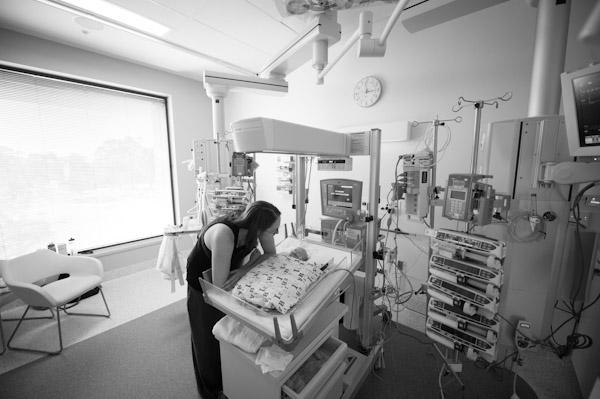
Tips for helping bereaved parents
A painful aspect of when a baby dies is that often the friends and family don’t know what to do or say that will support the parents. Sadly what often happens is that the family and friends are so uncomfortable, they say nothing and stay away, heightening the parents’ pain and feelings of isolation.
The Deafening Silence - Stillbirth
Please visit http://www.abigailsfootsteps.co.uk/ if you would like to know more about the charity or make a donation.
This short film commissioned by the charity Abigail's Footsteps is about stillbirth through the eyes of a mother. Aimed at midwives and any other staff that work in a maternity ward to help them better understand good and bad practice in relation to a stillbirth or neo-natal death but valuable for anyone who works with or is in contact with families experiencing these circumstances.
10 ways to help a grieving parent
1. Be there for the long haul. Grief lasts a lifetime and the grieving will need different things from you as time moves on.
2. Grief is like a rollercoaster. It is not linear. Grieving parents will have good days and bad days. Ride the bumps with them.
3. Attend the funeral or memorial service and help out in any way you can. Show your support early.
4. Be practical. Cook meals, run errands, entertain other children. Do whatever you can to help, guided by what the parents are comfortable with.
5. Familiarise yourself with what the parents may want or need. Even a simple “Google” search on what to say to grieving parents is a great start.
6. Don’t offer advice or counsel. Unless you have been in their shoes, you are not going to know how they are feeling. Instead, be available and listen.
7. Don’t be afraid to talk about the child & use their name. Remember birthdays, anniversaries or due dates and ask to look at pictures – the parents will love you for it.
8. Give space when needed. Some parents will want space and to be alone to grieve in private. Don’t take it personally. Respect their way of grieving.
9. Don’t disappear. When parents are ready to face the world again, be there for them. The world can be a lonely place when your child dies.
10. Be mindful of your own children/pregnancies and good news. Grieving parents may find your own good fortune hard to stomach for a little while.
10+ things not to say to a grieving parent
1. “Your child is in a better place or with God”. Religious platitudes are rarely helpful and are often a mismatch for a parent’s beliefs. There is no better place for a child than in their parents’ arms.
2. “You’re young, you can have another”. One child does not replace the other and the grieving parent wants the child they lost, not another child.
3. “I know how you feel”. Unless you have held your own dead child or attended their funeral, you don’t.
4. “Time heals all wounds”. Time will soften the edges of your grief, but it won’t take away the pain.
5. “You need to move on”. There is no getting over the death of a child. You simply learn to live with it and it becomes part of your new normal.
6. “This must be so hard for your wife”. Don’t forget, dads grieve too. Don’t just ask after the grieving mother, ask how the dad is feeling as well.
7. “I could never survive what you have”. The grieving parents probably didn’t think they could survive it either.
8. “At least you have older children”. The love for each of our children is different and unique. The hurt is the same, regardless of birth order.
9. Nothing. Saying something is always better than saying nothing. If you really can’t think of anything to say, just say you’re sorry.
10. “It obviously wasn’t meant to be”. Regardless of whether our children were very sick or died unexpectedly, they were always meant to be.
11. “All things happen for a reason”. This implies that the parents have done a great wrong to have this happen to them.



